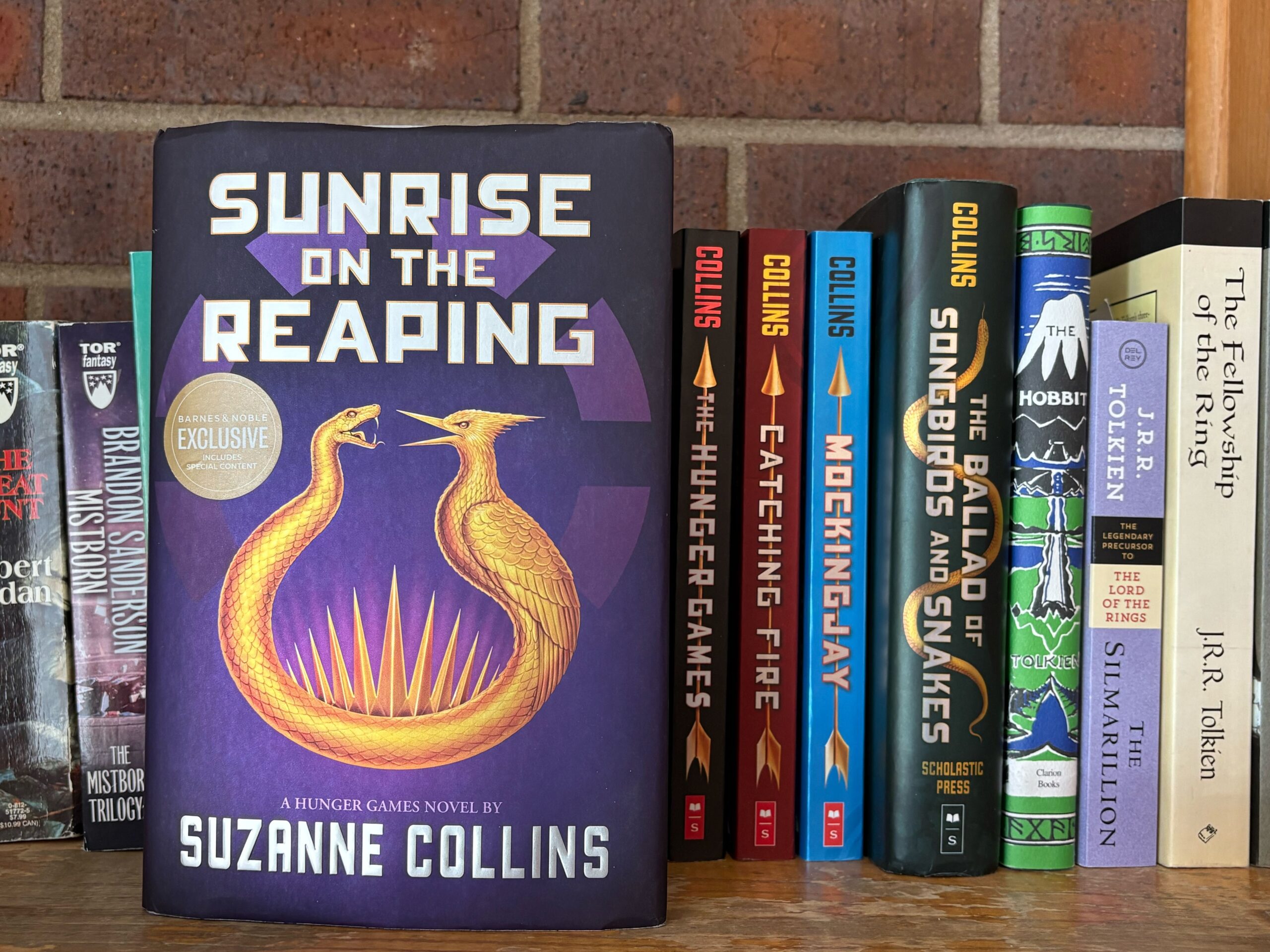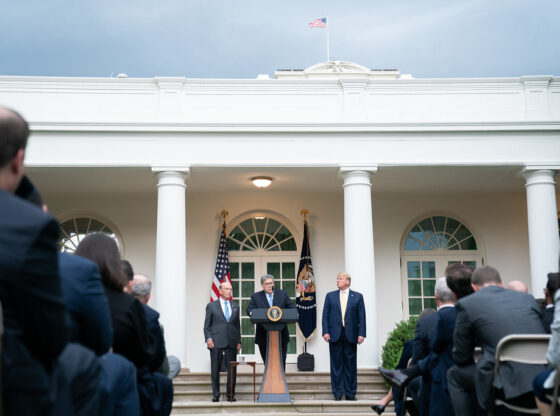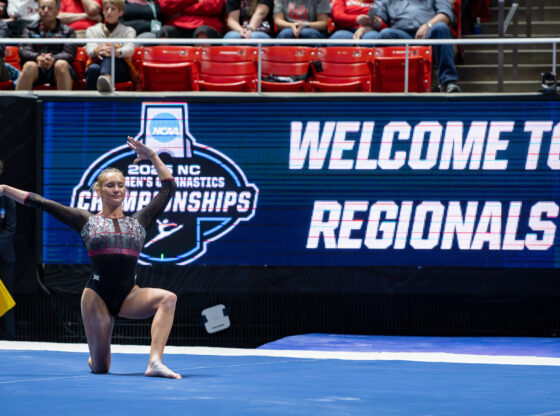 Photo by: Justin Edmonds
Photo by: Justin Edmonds
Religion is re-emerging on university and college campuses and the University of Denver is no exception.
DU’s official motto reads, “For knowledge and religion” but until recently religion was not a focal point of campus life. . The pendulum appears to be moving toward a focus on religion. Here are some examples:
For the first time in 40 years, DU has hired a chaplain.
A year ago, the $4-million Hillel House opened on East Wesley Avenue as a center for the approximately 1,000 Jewish undergraduate students enrolled at DU.
Religious organizations such as Campus Crusade for Christ, FOCUS and Hillel are among the fastest growing student organizations on campus.
A significant increase in the number of students majoring in religious studies.
Throughout history religion has waxed and waned. Post World War II saw an era of traditional religion with large congregations attending services regularly. Organized religion was slow to respond to social changes and movements in the latter part of the 20the century, such as the feminist movement, the AIDS epidemic and political unrest due to the Vietnam War. Baby boomers left organized religion and Generation X followed in their parents’ footsteps.
Interest in religion revived with the millennial generation, according to Rev. Gary Brower, DU’s new chaplain.
“They [millennial generation] began seeing the vacuity of the drive to succeed and no inner life and started to say there is something missing.”
The millennial generation grew up with a broader perspective on life and a greater acceptance of diversity, Brower said. Millennials began entering college four years ago and are responsible for the resurgent interest in religion and religious thought.
Carl Raschke, chair of the Religious Studies Department, believes there is a growing student interest in learning about what religion is and means academically. He believes that people “can’t make wise political or policy decisions without understanding peoples’ religion.
“The trend is reversing… interest in religion is less about doing religion but more about understanding religion,” said Raschke.
Students are studying religion for “intellectual development rather than spiritual formation,” he said.
With the millennials on university and college campuses, religious organizations and groups are increasing but as Brower said, “There was nobody here at DU that was paying attention to students religiously and morally…people were interested but no one was enabling it.”
He hopes the position of chaplain will help fill this void.
Another viewpoint about why college campuses are experiencing a revival of interest in religion is that political turmoil and current events have focused attention on the fragility of life and, therefore, questions about its meaning. Events such as the Sept. 11 terrorist attacks and the shootings at Virginia Tech have turned students to seek understanding through religion and spirituality.
“I think students are exploring spirituality because they want real answers to things that are happening around the world like Katrina and genocide in Africa,” said Chad Stewart, advisor of Campus Crusade for Christ.
Kyle Reppert, a member of Christ Rock’s leadership said, “When people realize that they are not as in control of their lives as they really think, it gives them reason to turn to a being greater than themselves, who is in complete control of the universe and everything in it.”
Brower speculates that the millennials became more interested in religion because of the diversity they experienced during childhood but it is also possible that events that have taken place in their lifetime have prompted the search for something larger than life itself.
Now that the millennial population is on university and college campuses the curiosity in religion and spirituality is becoming more evident and will continue to grow as they continue through school.
“Students want to become literate and intelligent about the role of religion in today’s society,” said Raschke.
The increase in and flourishing of religious organizations and communities are giving students options and choices to get involved or to simply explore.
At DU, the goal, according to Brower, is “to create a climate that is welcoming and willing to engage in the differences of all religious preferences.”











